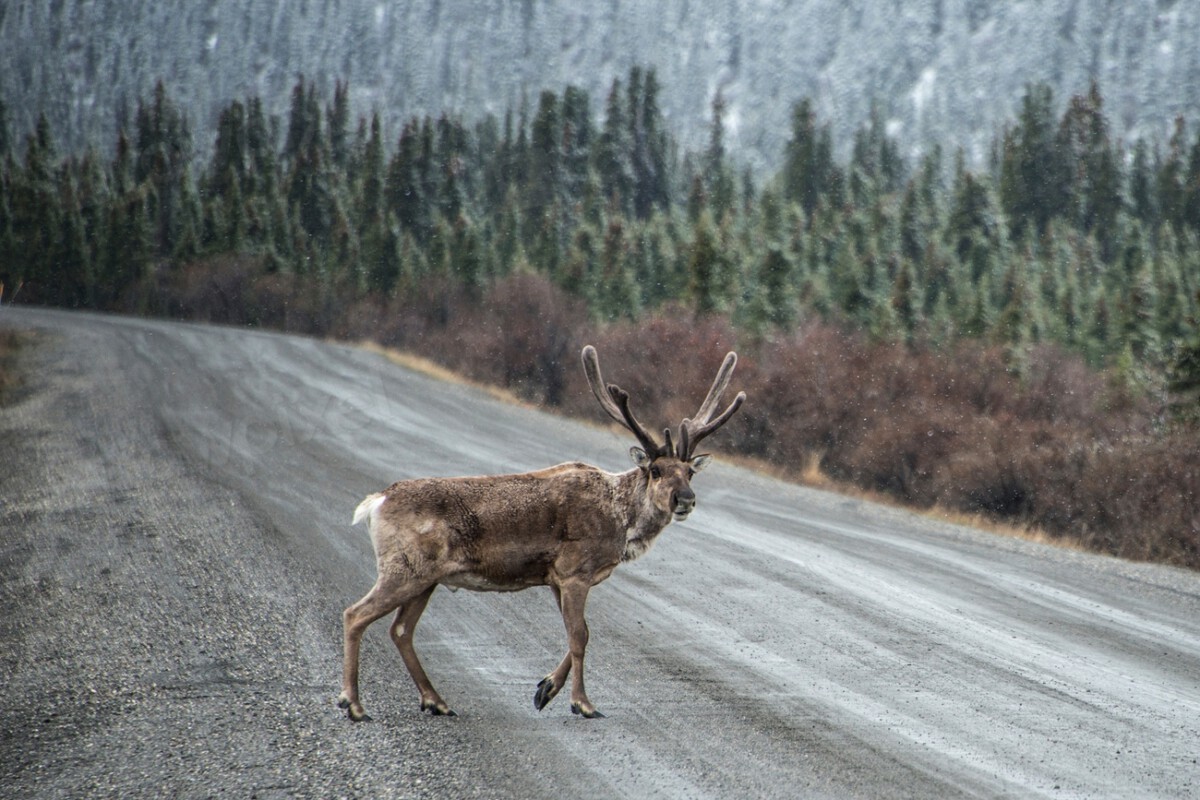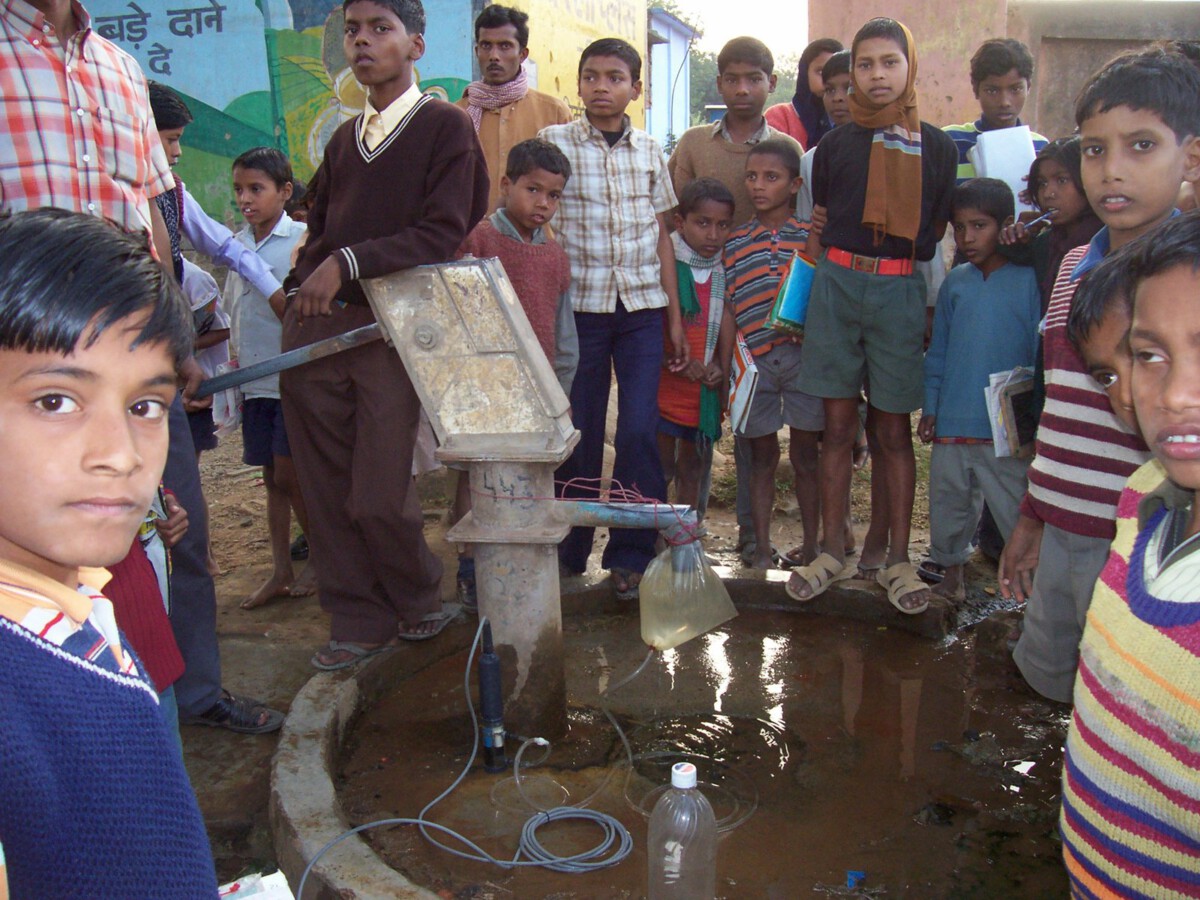In the ever-changing tapestry of climate records, one state has recently emerged as a surprising frontrunner. With unpredictable weather patterns and natural phenomena, climate records are often broken, but this particular event has left many with their jaws dropped. Unbeknownst to many, this state, often overlooked in climate conversations, has set a new standard that is both alarming and eye-opening.
The Unexpected Champion: A State Revealed

When we think of climate records, states like California or Florida might come to mind due to their frequent natural disasters. However, this time, it is Alaska that has taken center stage. Known for its chilly temperatures and icy landscapes, Alaska has just recorded its hottest summer ever. This isn’t just a minor uptick in temperature but a significant leap that has environmentalists concerned.
Breaking Down the Record: What Happened?

This summer, Alaska experienced temperatures soaring above 90 degrees Fahrenheit in some areas, a stark contrast to its usual mild summer climate. Anchorage, the largest city in the state, recorded an unprecedented 90 degrees, breaking its previous high. This drastic change is attributed to a combination of factors, including global warming and shifting jet streams, which brought unusually warm air from the south.
The Role of Global Warming

Global warming has been a buzzword for years, but its impact is now more evident than ever. The increased greenhouse gases in the atmosphere, primarily carbon dioxide, trap heat and cause global temperatures to rise. In Alaska, this has led to melting glaciers and permafrost, which in turn release more carbon dioxide, perpetuating the cycle. The state serves as a stark reminder of the urgent need for climate action.
The Impact on Local Wildlife

With the rise in temperature, Alaska’s unique wildlife is facing unprecedented challenges. Species like the polar bear and caribou are struggling to adapt to the warmer climate. The melting ice affects polar bears’ hunting grounds, while caribou herds find it harder to access food as their traditional migration routes change. This shift in the ecosystem could lead to long-term consequences for biodiversity in the region.
Economic Implications: Beyond the Environment

The unexpected heatwave has not only environmental but also economic ramifications. Fisheries, a significant part of Alaska’s economy, are impacted as fish populations move to cooler waters. Additionally, the tourism industry, which thrives on the state’s pristine natural beauty, may face challenges as landscapes change. These economic shifts highlight the interconnectedness of climate and economy.
Local Communities: Feeling the Heat

For the residents of Alaska, the record-breaking temperatures have brought about mixed reactions. While some enjoy the brief respite from the cold, others are concerned about the long-term implications. Indigenous communities, in particular, feel the brunt of these changes as their traditional ways of life are disrupted. The rising temperatures threaten their food sources and cultural practices rooted in the natural environment.
Government Response: A Call to Action

In light of this unexpected record, both state and federal governments are being urged to take decisive action. There is a growing demand for policies that address climate change head-on, focusing on reducing carbon emissions and investing in renewable energy sources. Alaska’s situation serves as a wake-up call, illustrating the need for immediate and sustained efforts to combat climate change.
Scientific Insights: What Experts Are Saying

Climate scientists are closely monitoring Alaska’s situation, using it as a case study to understand broader climate patterns. Many experts emphasize the importance of global cooperation in tackling climate change, as no single state or country can address the issue alone. The data from Alaska is crucial in predicting future climate trends and developing strategies to mitigate their impact.
Looking Ahead: Preparing for the Future

As Alaska adjusts to its new climate reality, there is a pressing need for adaptation strategies. This includes infrastructure changes to withstand warmer temperatures and rethinking urban planning to accommodate potential future records. Education and awareness are also key, ensuring that communities are prepared for the changes ahead and equipped to make informed decisions.
Conclusion: A New Era in Climate Records

Alaska’s unexpected climate record serves as a poignant reminder of the unpredictable nature of our world. It underscores the urgency of addressing climate change and the need for comprehensive strategies that encompass environmental, economic, and social dimensions. As we move forward, it is crucial to learn from these events and work collectively towards a sustainable future.






